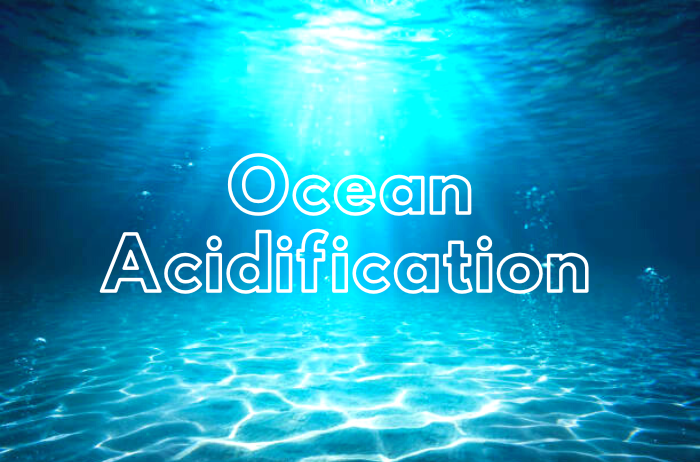This article will shed light on ocean acidification, its meaning, causes and implications.
When it comes to large water bodies, the modern age has understood the need for its purity and preservation.
This knowledge mostimes, is responsible for both cultured and regulatory practices of fishing, experimental researches and more.
Yet, due to both natural and human factors some of our clear deep blue have experienced what scientists term “ocean acidification.”
To be more explicit, it’s been over 200 years since the era of industrial revolution.
This industrial revolution isn’t without its own consequences, one of which have been a high concentration of carbon dioxide (CO2) in the atmosphere.
In this same turn of events, surface ocean waters pH had fallen by 0.1 pH units.
This sounds insignificant but the pH scale is a logarithm, and actually represents an estimated 30 percent increase in ocean acidity.
What is Ocean Acidification?
Ocean acidification can be described as a reduction in the pH of the ocean over an extended period of time, due primarily to uptake of carbon dioxide (CO2) from the atmosphere.
These levels of atmospheric CO2 is as a result of human activity like burning fossil fuels (e.g., factory fume emissions) and changing land use (like: deforestation).
This impacts the amount of carbon dioxide absorbed by the ocean, it increases.
When this happens, a series of chemical reactions take place resulting in the increased concentration of hydrogen ions.
This process has severe impacts on the ocean and the creatures that live there.
Implication of Ocean Acidification

A decrease in carbonate ions is responsible for a number of changes within the ocean.
Such as difficulty in making building and maintaining shells and other calcium carbonate structures difficult for calcifying organisms.
E.g include – oysters, sea urchins, clams, shallow water corals, deep sea corals, and calcareous plankton.
The changes in ocean chemistry also affectsb the behavior of non-calcifying organisms as well.
Some fishes ability to detect predators may be decreased in more acidic waters, placing them at higher risk ro fall prey.
When these happens over a long period, it may affect the whole food web, including humans.
Ocean acidification affects the entire world’s oceans, as well as coastal estuaries and waterways.
As we know, some countries economy are highly dependent on fish and shellfish and people worldwide rely on food from the ocean as their primary source of protein.
With oceans experiencing this acidification it may be telling on the human wellbeing.
Ocean acidification is particularly impactful to organisms like oysters and corals that form hard shells and skeletons by combining calcium and carbonate from seawater.
However, many other ocean species are not immune.
For oysters and corals fate in ocean acidification, at a very low pH, the chemistry has the sole ability to dissolve shells and skeletons.
Also Read: Ghost Fishing (Gears, Causes and Impacts)
Acidification Impacts on Fish and Seaweeds
Changes in ocean chemistry has also been scientifically proven to affect the behavior of non-calcifying organisms.
Studies show that decreased pH levels also reduce the ability of larval clownfish to locate suitable habitat.
While some species are exposes to harm by ocean acidification, organisms like algae and seagrasses may find the situation rather beneficial.
Higher CO2 conditions in the ocean, is one of the needs of algae and seaweeds for photosynthesis just like the plants on land, hence could flourish.
Conclusion
Ocean acidification is a problem inspite algae and seaweed benefits because the distort a number of aquatic lives and make the ocean unfit and toxic for habitation.
While, there is yet to be any proven solution or mitigation strategies in place.
We recommend less fossil fuel burning and emissions. Also, humans need to be more careful on what substances they directly and indirectly empty into the sea during navigation.
